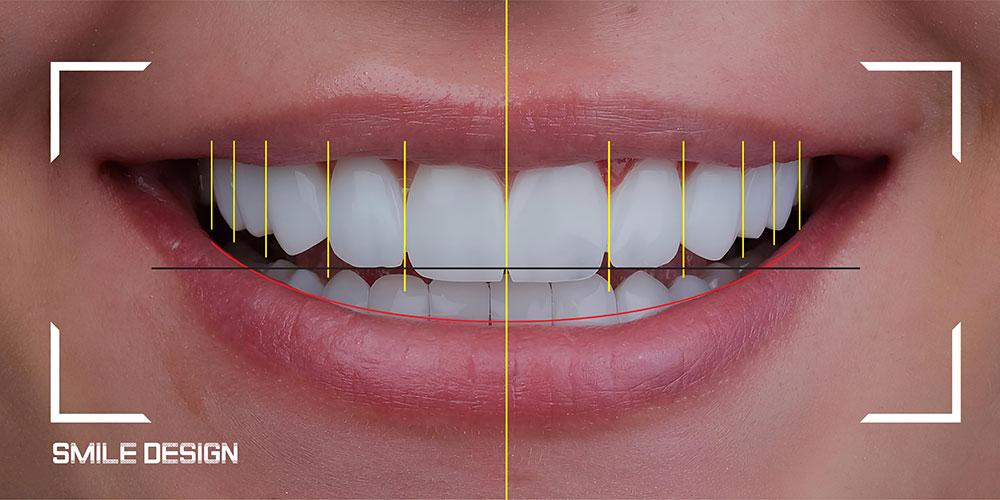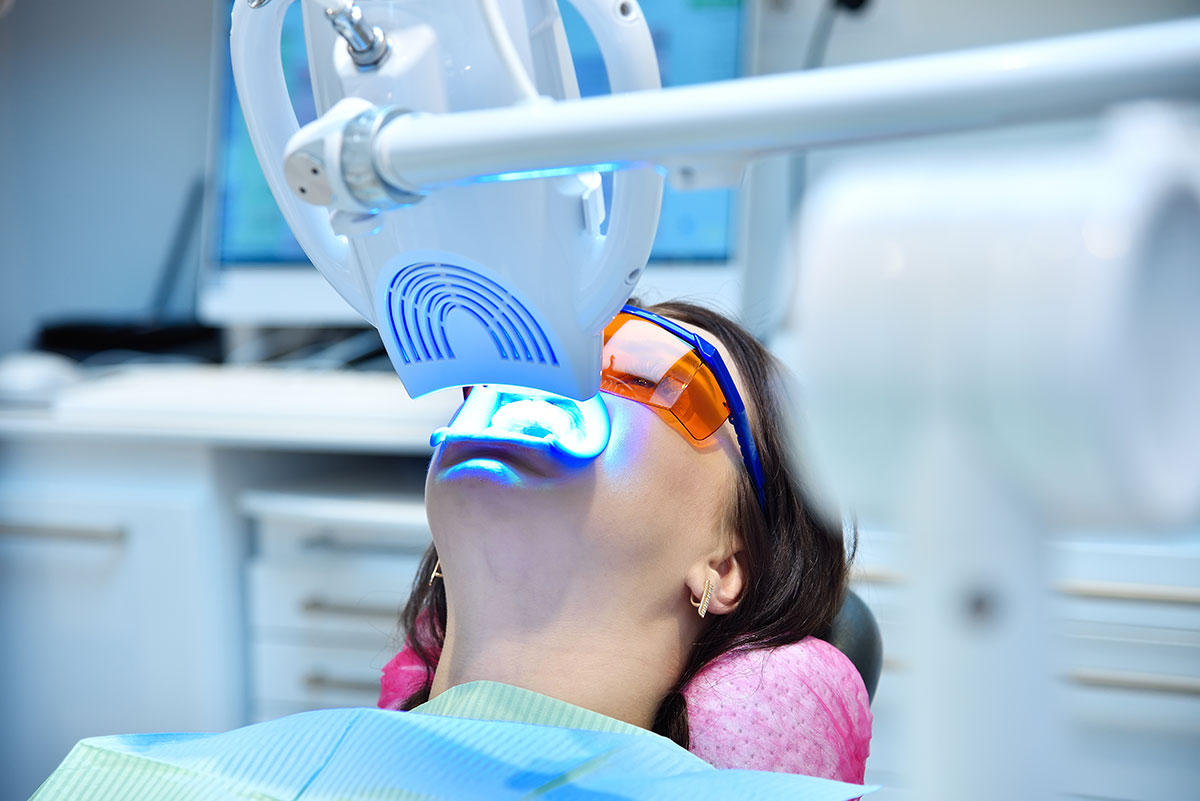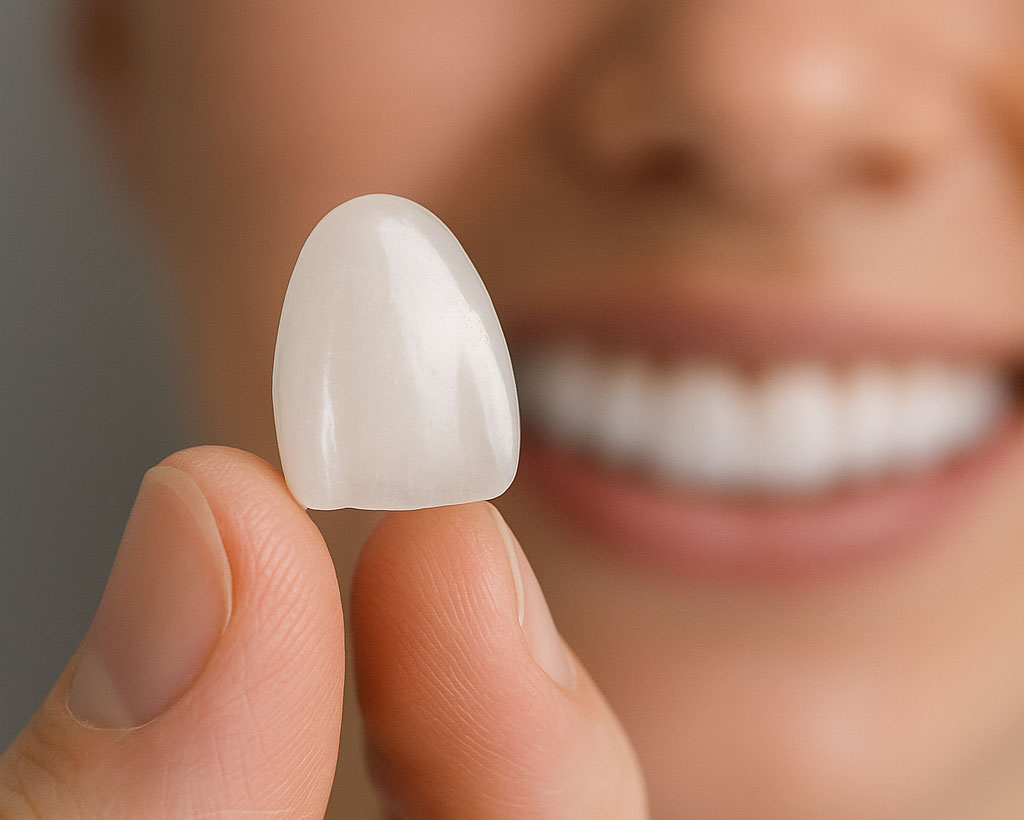The wisdom teeth are the last molars to appear in the mouth, usually between the ages of 17 and 25. They are also known medically as "third molars". As the jaw structure shrinks, the eruption of these teeth can cause problems for many people. While sometimes they take their place in the mouth without any problems, sometimes they remain embedded or come out crooked. This situation negatively affects dental health.
Why does a wisdom tooth erupt?
During the human evolutionary process, our ancestors needed a wider jaw and more teeth to chew hard foods. Nowadays, as we eat softer foods, the jaw structure has shrunk, yet wisdom teeth continue to grow. As the jaw shrinks, there is not enough space for these teeth and this is the biggest cause of problems.
Symptoms of a wisdom tooth
Some symptoms can be observed when a wisdom tooth erupts. Although these vary from person to person, they are usually as follows:
- Pain and pressure behind the jaw
- Swelling and tenderness in the gums
- Bad odor or taste in the mouth
- Difficulty chewing
- Head and ear pain
If these symptoms become persistent, it is necessary to consult a dentist.
Wisdom Tooth Problems
The biggest problem with wisdom teeth is that they cannot find a place to erupt. This can cause various problems:
Impacted tooth: The tooth cannot come out completely and remains in the gum. It can cause pain and infection.
Half impacted tooth: Part of the tooth is visible, part of the tooth remains under the gum. Food residues accumulate in this area and can cause inflammation.
Crooked tooth: It puts pressure on the teeth on the side and may cause crowding.
Infection and cyst formation: A cyst or inflammation may develop around the impacted tooth.
These conditions can affect not only oral health but also general health.
Should a wisdom tooth be extracted?
Whether or not wisdom teeth should be extracted depends entirely on the tooth structure and the situation. If the teeth erupt properly, contribute to the chewing function and do not cause any problems, there is no need for extraction. However, tooth extraction is recommended in the following cases:
- If the tooth is impacted or half impacted
- Frequent inflammation
- If it puts pressure on the side teeth
- Jaw pain, abscess or cyst formation
- If it interferes with orthodontic treatment
The most accurate decision is made with X-rays after the dentist examination.
How is wisdom tooth extraction performed?
A wisdom tooth extraction is slightly more difficult than a normal tooth extraction because the tooth is usually located under the bone or at an angle.
- First, local anesthesia is applied.
- The gum is opened with a small incision.
- If necessary, some of the bone tissue around the tooth is removed.
- The tooth can be disassembled and removed.
- Stitches may be applied after the procedure.
Extraction time varies depending on the location of the tooth. It takes between 20-40 minutes on average.
Things to Consider After Wisdom Tooth Extraction
The healing process after tooth extraction is easy to overcome with the right care.
- Do not spit or use a straw for the first 24 hours.
- The cotton wool should be bitten and changed at the specified time to stop the bleeding.
- Medications prescribed by the physician for pain should be used regularly.
- A cold compress should be applied on the first day to prevent swelling.
- Hot foods and drinks should be avoided and soft foods should be preferred.
- Smoking and alcohol consumption are strongly discouraged.
With the right care, the healing process is completed within 1-2 weeks.
Problems that may arise if the wisdom tooth is not extracted
Some people put off having their wisdom teeth removed out of fear or negligence. However, this can lead to more serious problems in the long run:
- Gum infections and abscesses
- Decay of the side teeth
- Crowded tooth structure
- Pain and limitation of movement in the jaw joint
- Sinus problems (especially in the teeth in the upper jaw)
Therefore, dental check-ups should not be neglected.
Since wisdom teeth can be problematic for many people, they should be followed up with regular dental check-ups. If there are symptoms such as pain, swelling, bad odor or infection, you should consult a dentist immediately. Early intervention both facilitates the treatment process and protects oral and dental health.
For a healthy and pain-free mouth, the condition of the wisdom teeth should be assessed regularly.





